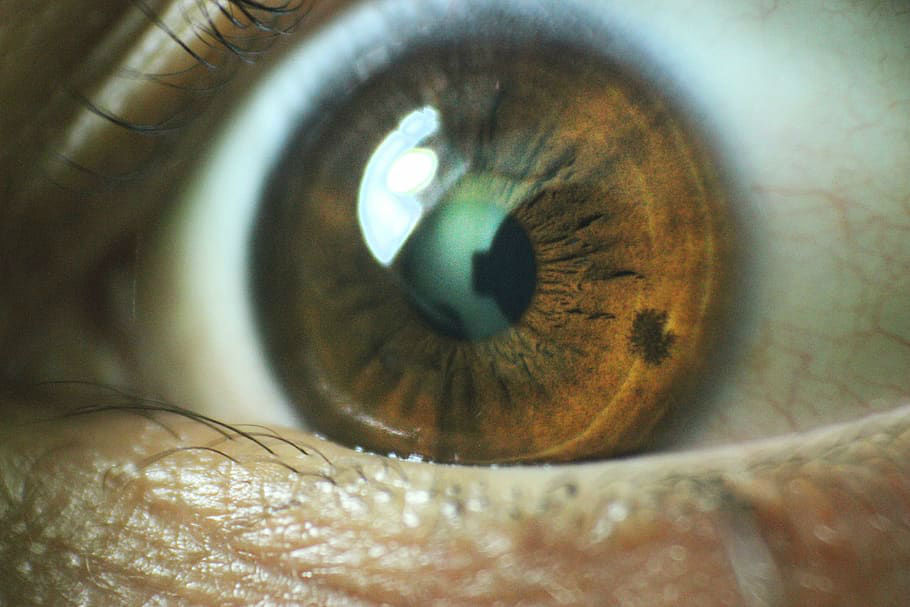Corneal Transplant

KMC Hospital's Cornea Transplant Treatment
The Corneal Transplant program at KMC Eye Hospital has been successful and has a qualified surgeon who has conducted over 300 transplants. The program has gained prominence for its clinical outcomes and we hope to give sight to many more people in the years to come.
Cornea transplant is a procedure that replaces your cornea, the clear front layer of your eye. During this procedure, your surgeon removes damaged or diseased corneal tissue. Healthy corneal tissue from the eye of a deceased human donor replaces the damaged cornea.
- Symptom
- Risk
- Treatment
- Result
A cornea transplant is most often used to restore vision to a person who has a damaged cornea. A cornea transplant may also relieve pain or other signs and symptoms associated with diseases of the cornea.
A number of conditions can also be treated with a cornea transplant:
- A cornea that bulges outward (keratoconus)
- Fuchs’ dystrophy
- Thinning of the cornea
- Cornea scarring, caused by infection or injury
- Clouding of the cornea
- Swelling of the cornea
- Corneal ulcers, including those caused by infection
- Complications caused by previous eye surgery
Most cornea transplant procedures are successful. But cornea transplant carries a small risk of complications, such as rejection of the donor cornea. Some of the complications that can arise are:
- Eye infection
- Increased risk of clouding of the eye’s lens (cataracts)
- Pressure increase within the eyeball (glaucoma)
- Problems with the stitches used to secure the donor cornea
- Rejection of the donor cornea
- Swelling of the cornea
Most people who receive a cornea transplant will have their vision at least partially restored. What you can expect after your cornea transplant depends on the reason for your surgery and your health.
Your risk of complications and cornea rejection continues for years after your cornea transplant. For this reason, expect to see your eye doctor annually. Cornea rejection can often be managed with medications.
Cataract surgery is generally done on an outpatient basis, which means you won’t need to stay in a hospital after the surgery. During cataract surgery, your eye doctor uses local anesthetic to numb the area around your eye, but you usually stay awake during the procedure.
Cataract surgery is generally safe, but it carries a risk of infection and bleeding. Cataract surgery increases the risk of retinal detachment.
After the procedure, you’ll have some discomfort for a few days. Healing generally occurs within eight weeks.
If you need cataract surgery in both eyes, your doctor will schedule surgery to remove the cataract in the second eye after you’ve healed from the first surgery.
